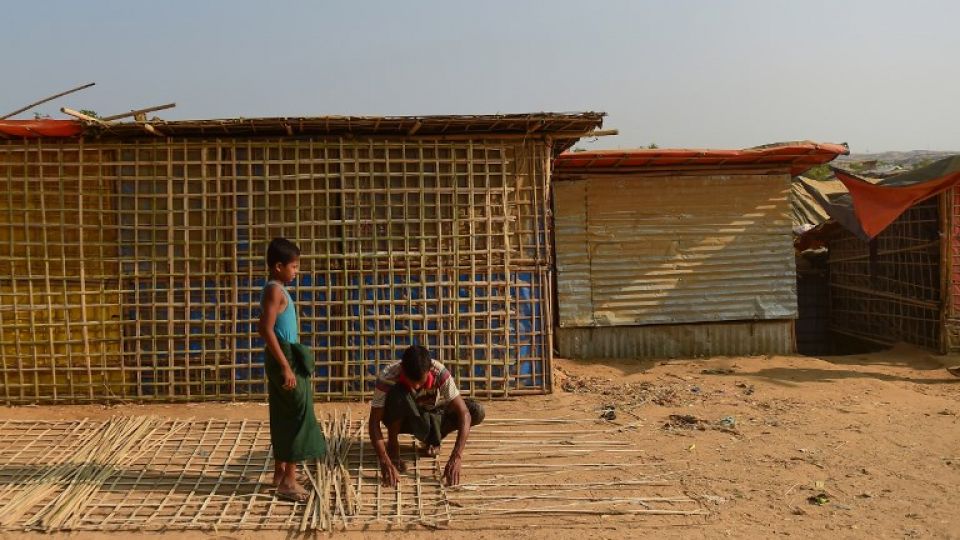August 28, 2019
Bangladesh’s minorities are leaving as central government fails to protect them.
Ethnic minority communities in Bangladesh are being forced to leave the country as the state has failed to ensure their protection, eminent rights activist Sultana Kamal said yesterday.
The country has been liberated through the Liberation War in 1971 to ensure equal rights for all, but it has sadly moved away from that path, she said.
“Now, we have reached a position where we are trying to push a particular group of people [minority communities] in the country into a status of denial, constitutionally and by all means,” added Sultana.
She made the remarks at a seminar titled “Ethnic Minorities’ Rights to Land and Language” held in the auditorium of Centre on Integrated Rural Development for Asia and the Pacific (CIRDAP) in Dhaka, on the occasion of “International Day of the World’s Indigenous Peoples” — observed on August 9.
The national committee to observe the day — comprising 17 non-government organisations, including Bangladesh Adivasi Forum, Transparency International Bangladesh (TIB), Kapaeeng Foundation and Association for Land Reform and Development (ALRD) — organised the event.
Sultana, also the co-chair of Chittagong Hill Tracts (CHT) Commission, said the population of minority communities was reducing gradually for various political, social and economic reasons, which implicates a consequence of the denial.
The authorities concerned have not been found to be taking any preventive measures while the number of these people are lessening in a planned manner, she alleged.
“…We can now say that a process is going on to drive a group of people away from the country. The process is being carried out willingly by the state and also others who are being favoured directly or indirectly by the state,” said Sultana.
If it was otherwise, the country would run following the spirit of the Liberation War, she added.
Other speakers at the seminar stressed on the need of ensuring ethnic groups’ rights to land and language. They also urged the government to take necessary steps in this regard.
Justice Nizamul Huq, a former judge of the High Court Division of the Supreme Court, said the government should ensure that all children get education in their mother language at least in the primary level.
Speaking on the use of the word “Adibashi”, noted lawyer Jyotirmoy Barua at the seminar said there is no legal barrier to use the word “Adibashi” anywhere in the country.
“None of the existing laws has forbidden the use of the word ‘Adibashi’. Even, the country’s constitution does not say that the word cannot be used,” he said.
Khushi Kabir, prominent rights activist and coordinator of Nijera Kori; Advocate Rana Dasgupta, general secretary of Bangladesh Hindu-Bouddha-Christian Oikya Parishad; Robaet Ferdous, a professor at Dhaka University; Shamsul Huda, executive director of ALRD; and Sanjeeb Drong, general secretary of Bangladesh Adivasi Forum; also spoke at the programme.


